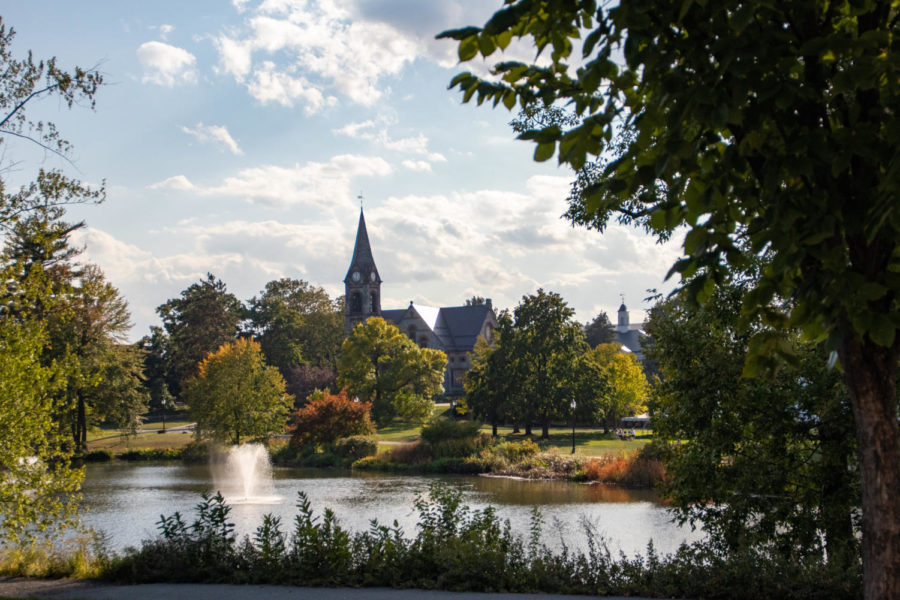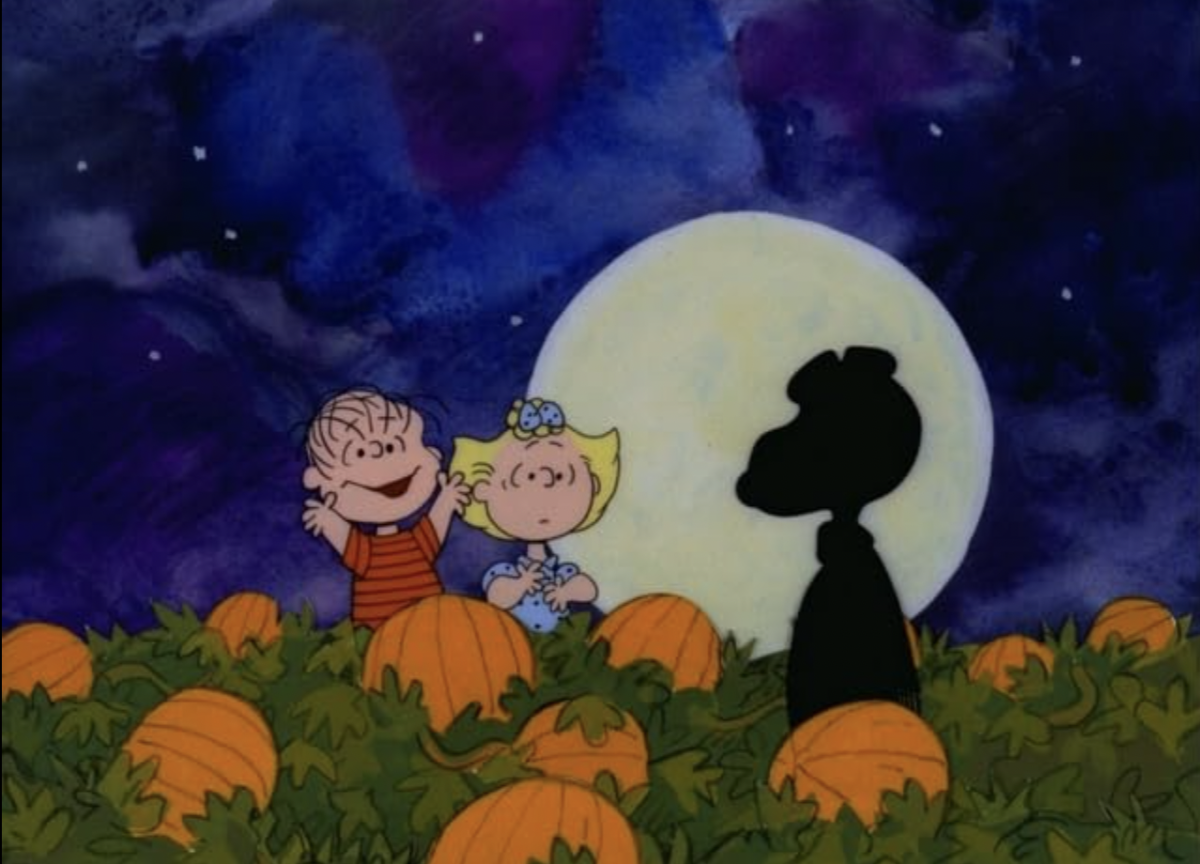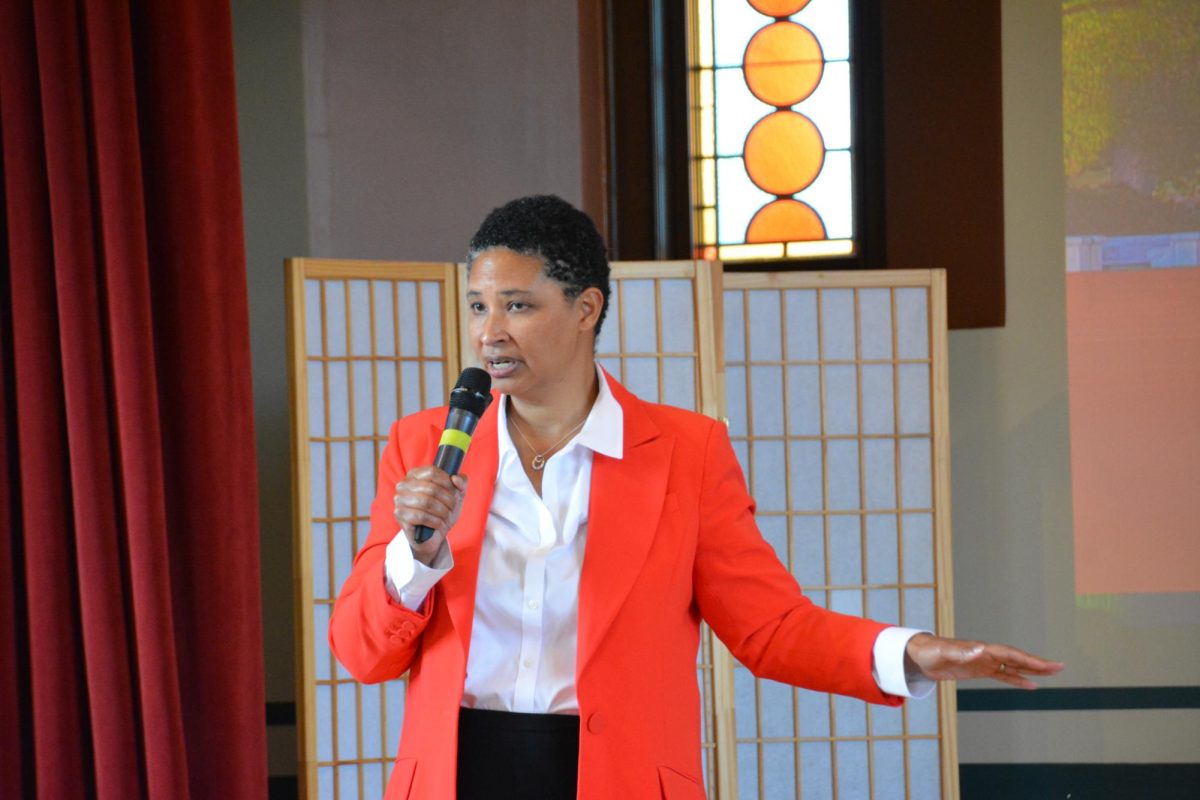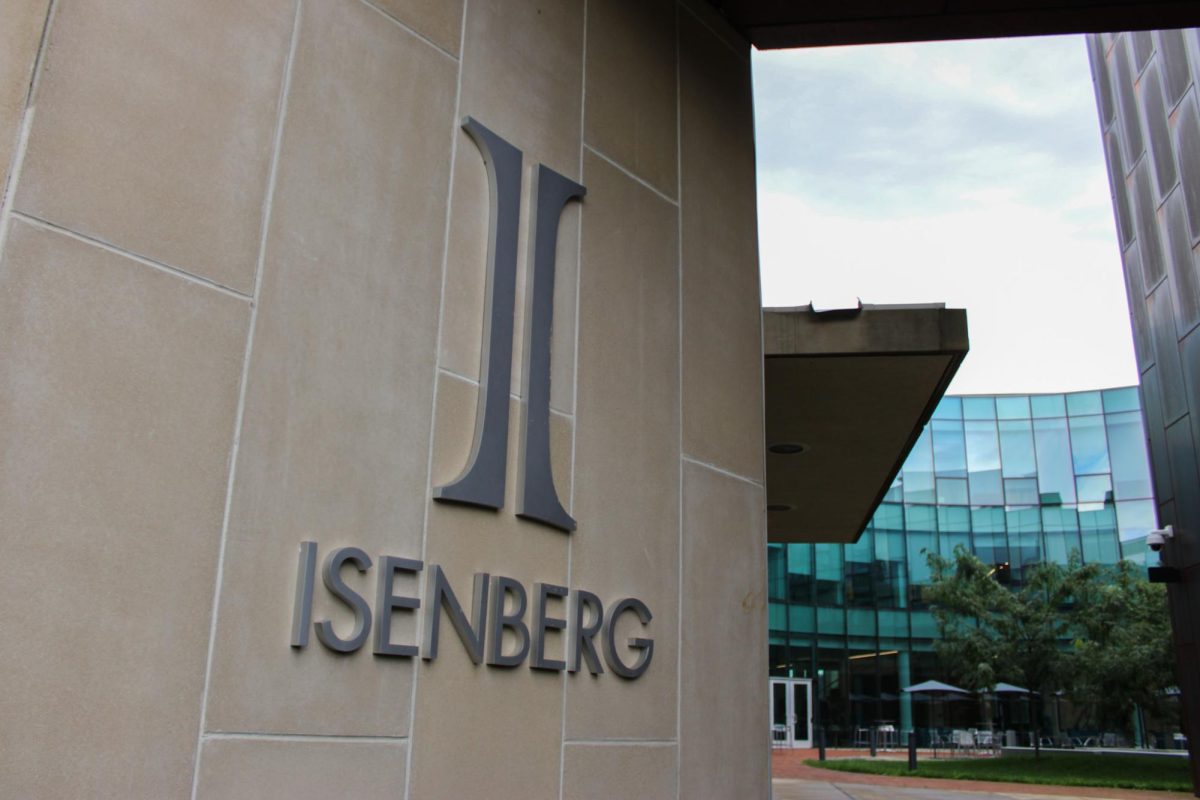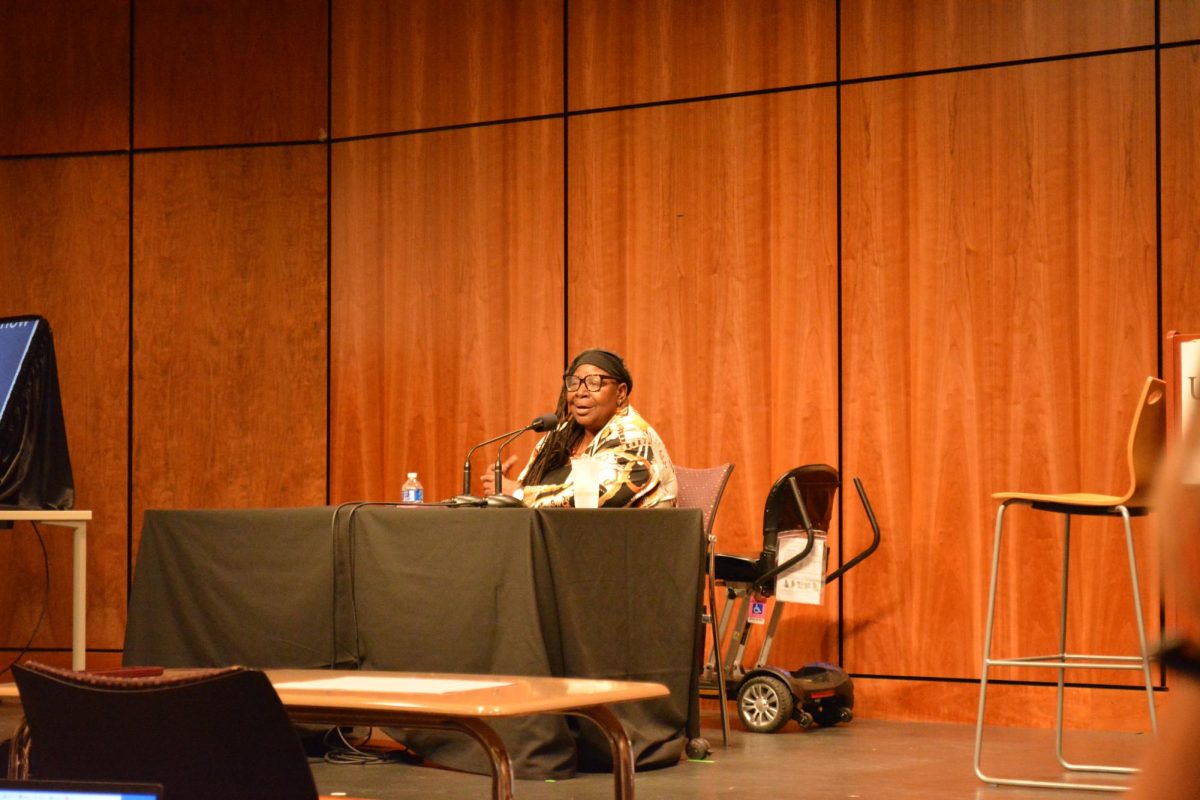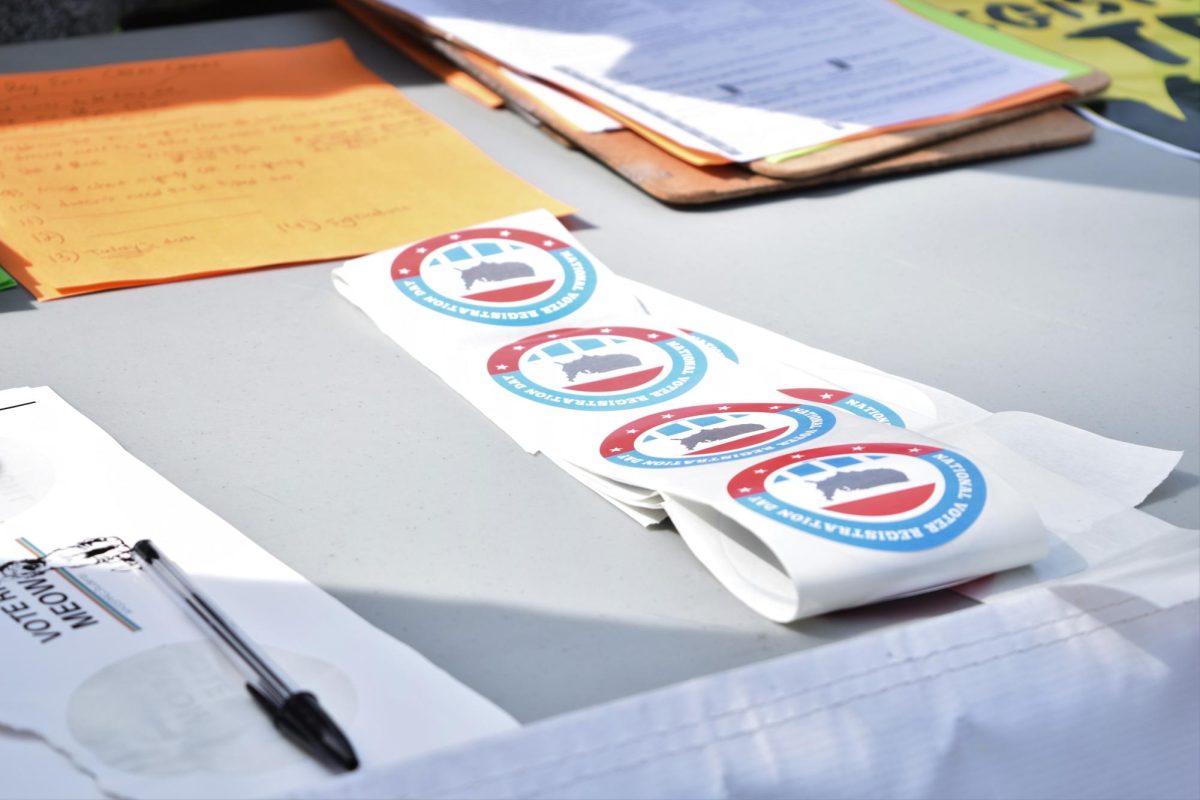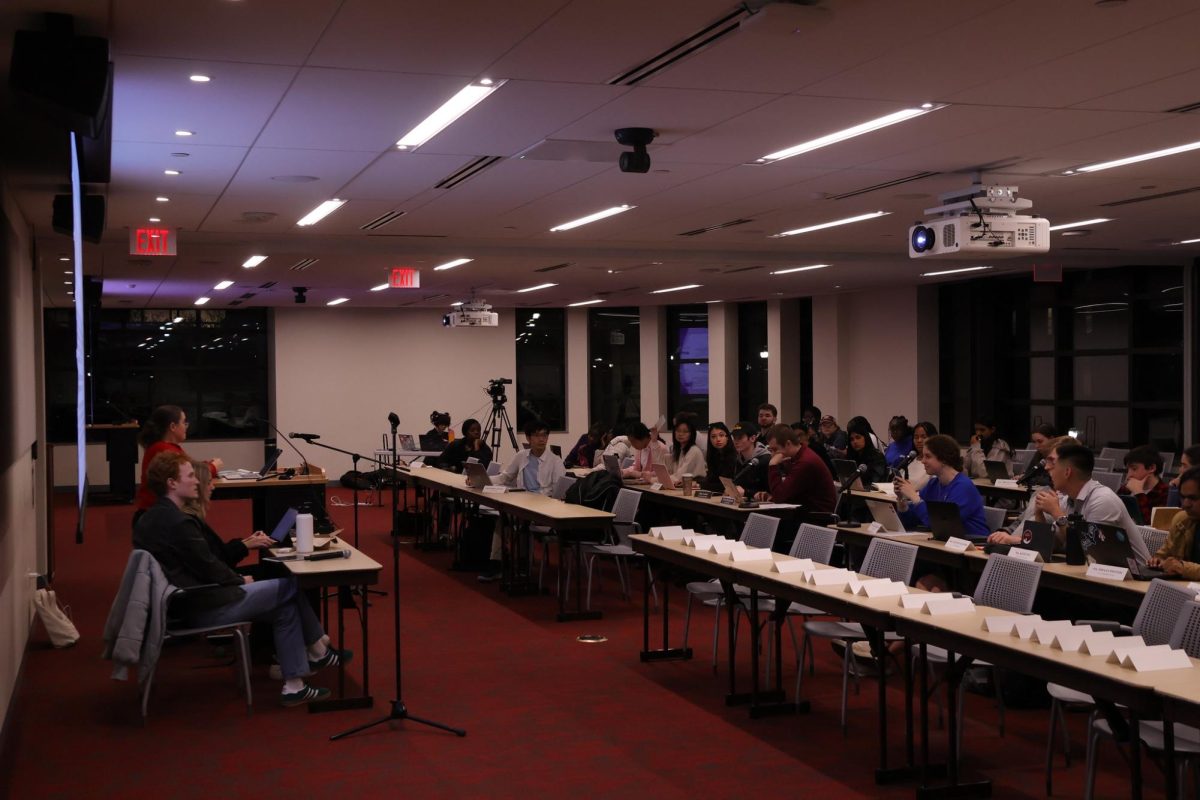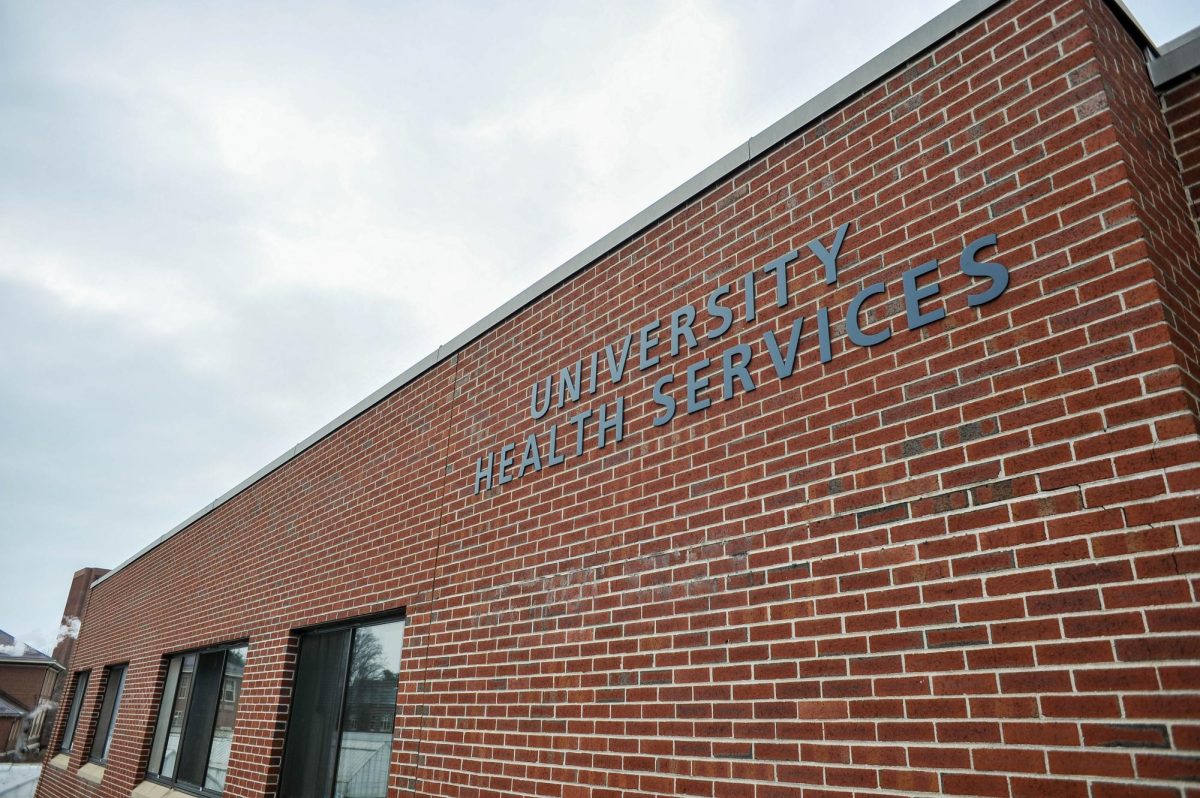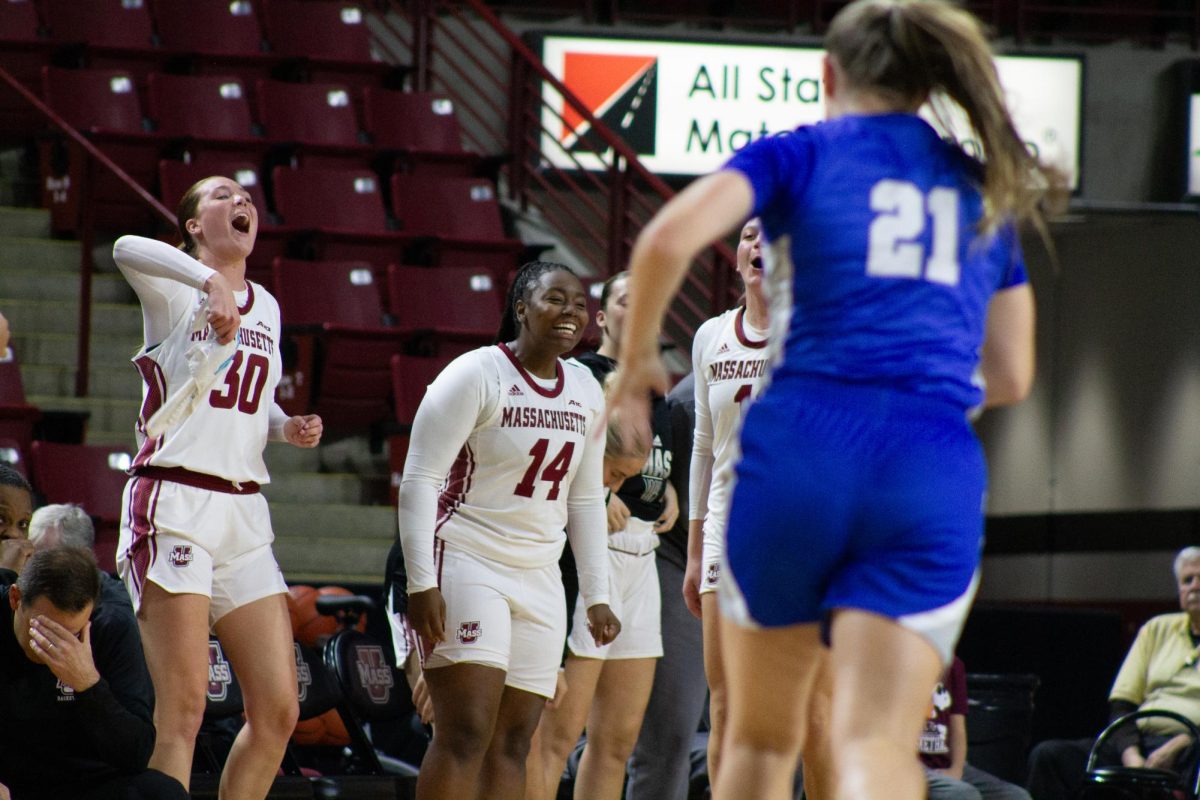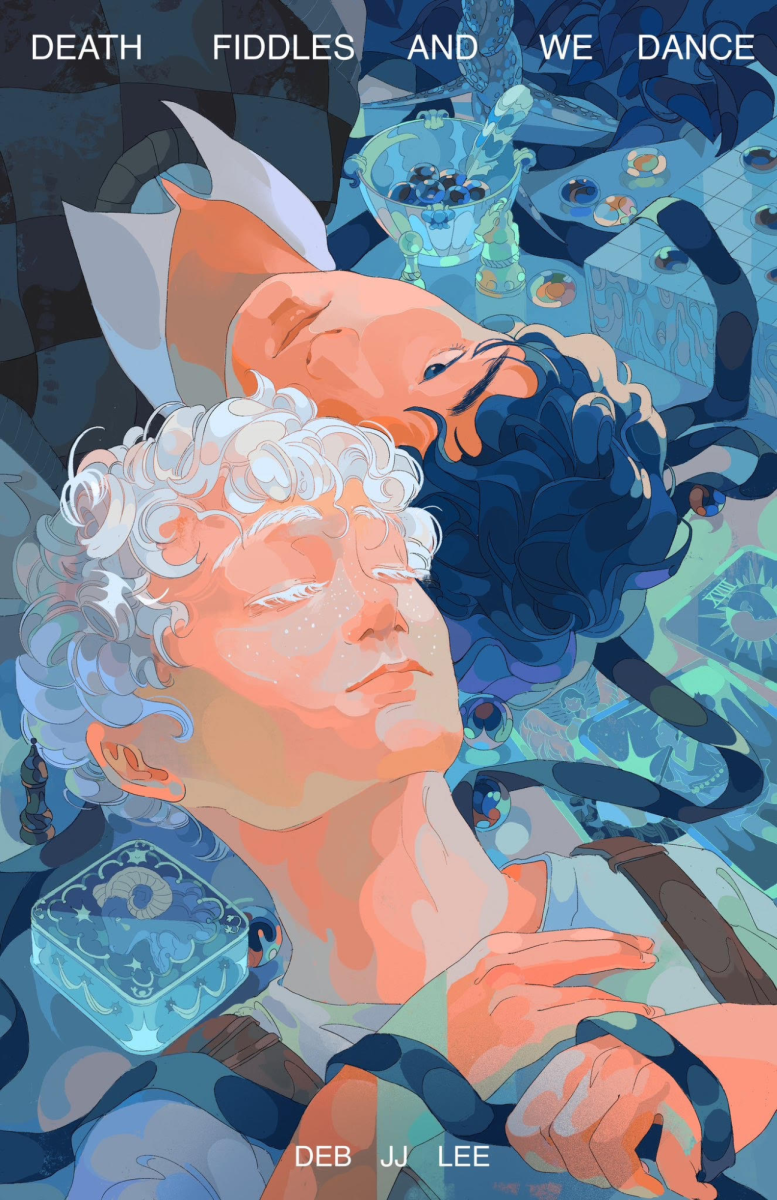On Tuesday evening, the Center for Multicultural Advancement and Student Success at the University of Massachusetts hosted a panel titled “We Are Not Invisible” ahead of Asian American and Pacific Islander month. The panel was held in collaboration with UMass Aspires, Women of the Color and Leadership Network, Women, Gender and Sexuality Studies and the Yuri Kochiyama Cultural Center.
The event served as a space for AAPI women to “discuss how they have encountered biases, such as the model minority myth, in their everyday lives and careers,” according to the event profile on UMass’ website.
Following panelist introductions, the host opened the discussion by asking the panelists what being an Asian woman means to them.
Some of the panelists discussed what it was like growing up in predominantly white towns. “I didn’t want to be Asian, and I didn’t really want to be a woman, because I found that was the weakest position to be in,” Executive Assistant to the Vice Chancellor Joy Jarme said. “Frankly, I wanted to be white and male.”
Jarme has come a long way since then in terms of self-acceptance.
“I’m starting to reclaim,” she said.
As panelists shared anecdotes, a common theme revolving around the desire to hide their Asian heritage became apparent.
“My great-grandmother, for example, would just cook only American food and she did not want to show any of her Chinese heritage at all,” Kamalani Yuen, a Western MA Community Outreach Coordinator of the Asian American Commission, said.
“I no longer want to be silent. I want to take up this space as much as possible,” Yuen said.
Director of Student-Athlete Development and Diversity and Inclusion Officer Amanda Ekabutr spoke about her first time meeting an Asian woman who was also a college athletics professional.
“We were so excited to just see each other and it was so comforting and I think that’s what representation does — it brings comfort to know that you aren’t the only one and that you aren’t invisible and that there’s someone who has felt the same way as you,” Ekabutr said.
Yuen, a UMass alumna, discussed being a person of color in college and how she worked to create more representation for BIPOC students on campus. “We were able to create, you know, programming to talk about Native Hawaiian issues,” Yuen said. “We don’t have a cultural center for Native Hawaiian heritage or Pacific Islander Heritage.”
The panel also discussed how to better represent Asian American and Pasific Islander women at work. “Would you say your workplace is doing enough for people who identify as Asians?” asked May Aung, a sophomore operations & information management and public health major.
Assistant Director of Alumni and Friends Engagement at Clark University Maria Gallant spoke about the harms caused by a lack of representation.
“When you don’t see yourself or you see someone who looks like you in any opportunity in any workspace or any industry, it’s hard to imagine yourself in that position,” she said. She also noted that she now tries to make herself as visible as possible in her role at Clark, but she hasn’t always. “I waited until I was in my 40s to have a voice, don’t wait that long.”
Gallant spoke about how her college experience was colored by narrow prospective career paths. “I’m supposed to be a doctor, scientist, something like that,” she said before adding that the field was not where she wanted to end up in. “Being an administrator in higher ed was not something that anybody offered me.”
The panelists discussed how UMass also needs to better represent communities of color.
Jarme mentioned how diversity, equity and inclusion programs fall short. “We don’t wake up in the morning and say, oh, we are going to go be of color . . . So why is it that someone in any workspace can say, oh, we’re going to do a DEI thing?”
Several panelists also spoke about how education needs to be improved to reflect the accomplishments of Asian Americans and address Asian history more accurately.
“It’s so important to incorporate, like, Asian American literature, accomplishments and stories and contributions to the American society,” Hind Mari, the director of the women of color leadership network, said. “Not only on like, a college campus, in the curriculum, but starting from grade school.” Mari went on to say that she wishes that more funding was appropriated for Asian American studies at UMass. UMass has an Asian and Asian American studies certificate program, but not a major.
Yuen, who is also a third-grade teacher at Springfield Prep Charter School, is taking steps to educate her own students about the discrimination that Asian Americans face. “When the Atlanta shootings happened, I addressed it with my kids.”
Yuen was worried about how her students would respond to a discussion about hate crimes against Asian Americans because of the increased expressions of anti-Asian racism spurred by the COVID-19 pandemic.
“But my kids were super cute, and we had a conversation with them,” she said. “And they immediately were like, ‘Miss Yuen, if somebody comes up to you, and says that you have the virus,’ or you are a part of, you know, any of this, they are crazy, because it has nothing to do with you being Chinese. It has nothing to do with you being Asian.”
At the end of the event, panelists gave advice about how they have embraced their identities. “Finding yourself and your identity is a journey so give grace to yourself,” Ekabutr said. “But know that when you are your most authentic and true self you are going to gravitate and attract people who truly love you for you and you don’t have to worry about being anything other than that.”
“I also found my voice very late within like the last couple of years, literally, because I just thought I had to be quiet to be accepted,” Jarme said. “I’m tired of being accepted — I just want to be myself. So you’re not alone in this journey. We are all going through it.”
Patrick Nie can be reached at [email protected]. Follow him on Twitter @patrickleinie. Sophia Gardner can be reached at [email protected]. Follow her on Twitter @sophieegardnerr.

